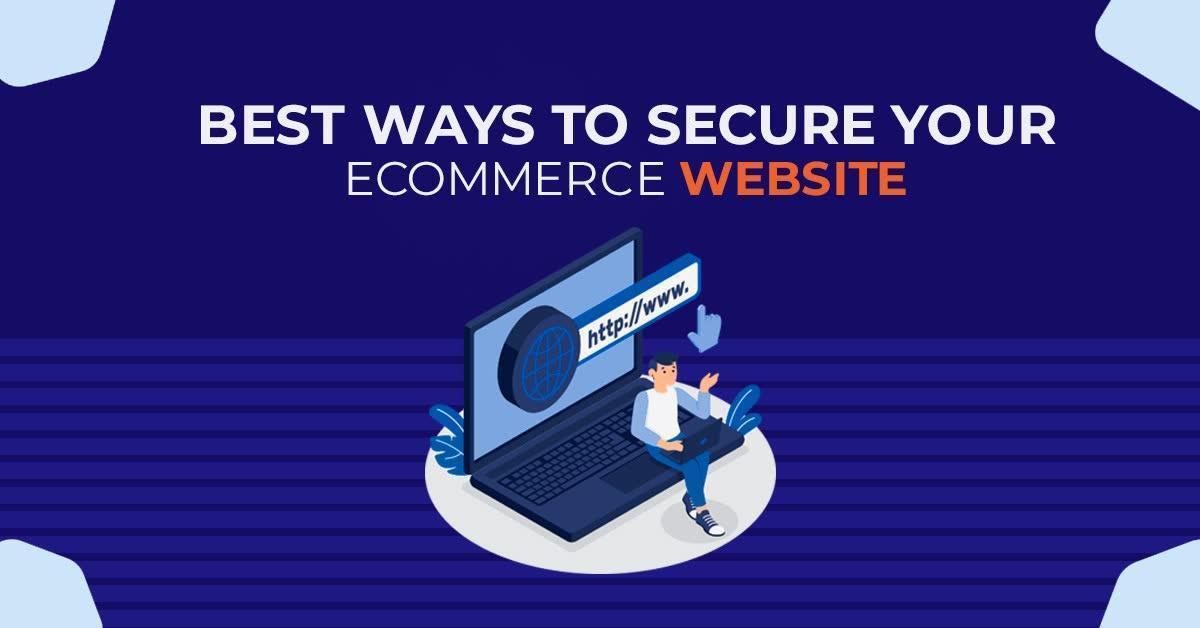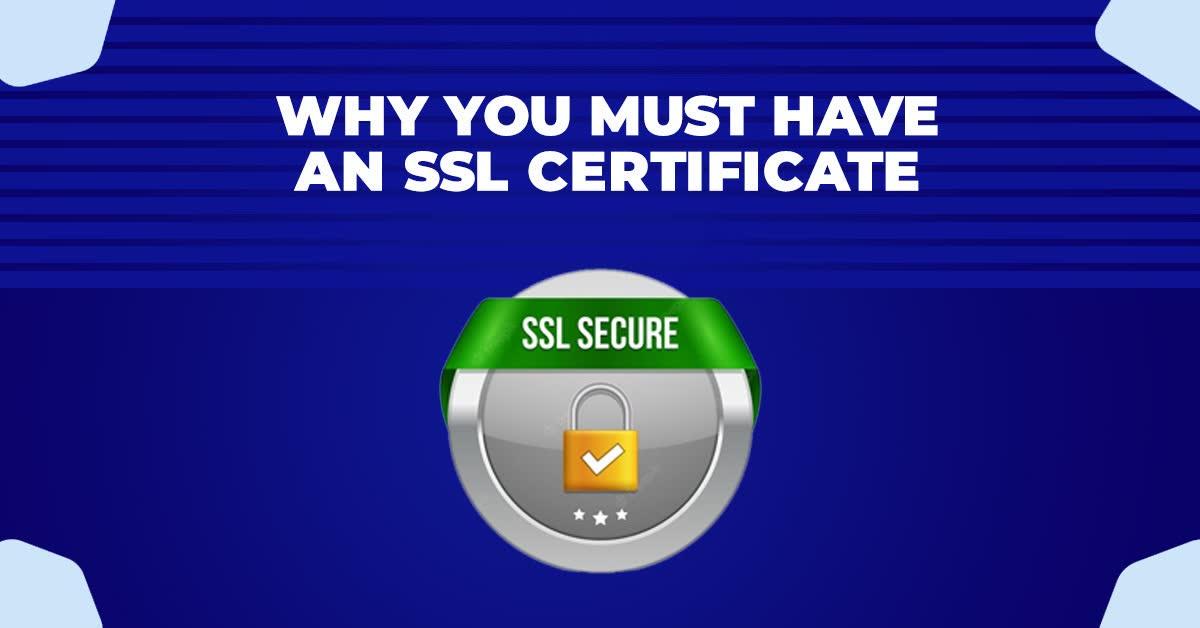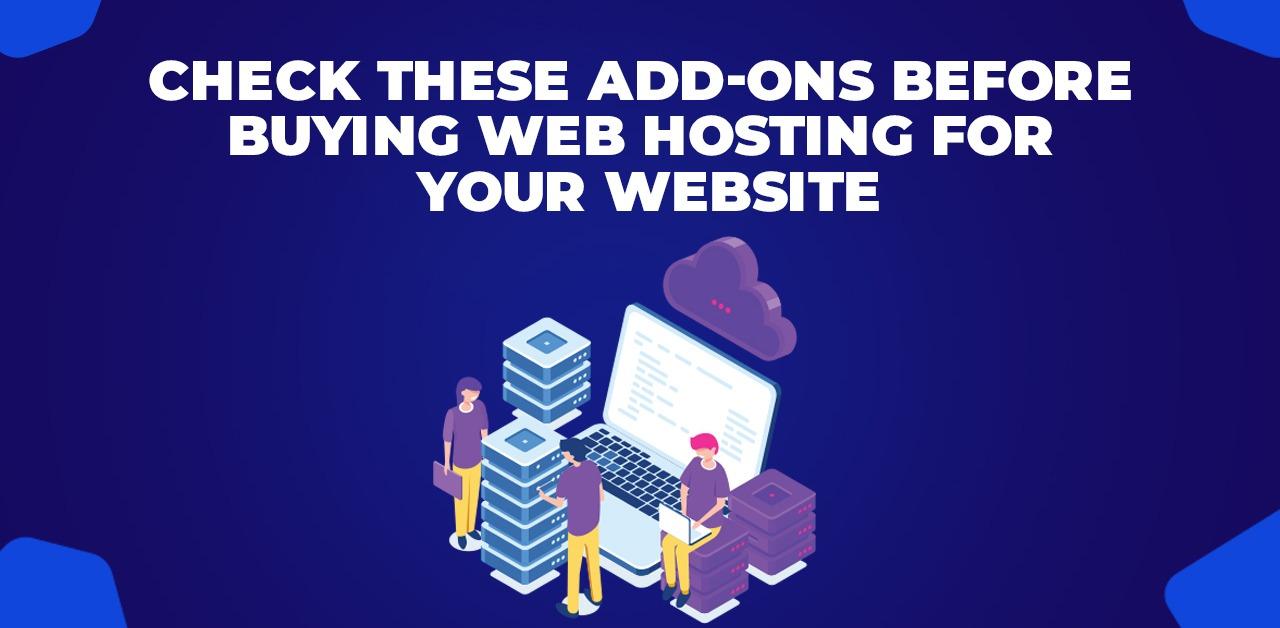Best Ways to Secure Your Ecommerce Website
An eCommerce Website will allow a customer to purchase a product from the internet rather than buying it from a local store. Customers can place orders, carry out payments, view shipping details of the product, and are provided with customer service.
Why Is Securing An Ecommerce Website Important?
Security is one of the important features that should be present in order to build a reputed eCommerce website. A secure e-commerce website will increase the traffic to the website. It also promotes the brand name and provides credibility to its customers.
Ways To Secure An Ecommerce Website
In order to develop a reputed brand name and acquire the trust of customers or clients, it is necessary for an e-commerce website to be secure. As there are a huge number of attacks being carried out every second by different hackers around the world, securing a website is very important. Secured e-commerce can be safe from various malware and viruses and other vulnerability attacks. There are several ways through which an e-commerce website can be secured.
1. SSL Certificate
SSL certificate is said to be a digital form of a certificate that is used to authenticate the identity of a website and provides a connection that is encrypted. SSL is abbreviated as Secure Socket Layer. It is a security protocol that builds an encrypted link from the web browser to a web server. It simply means that it enables a secure connection between a client and server. There are three categories of SSL certificates that are well recognized, they are:
- Extended Validation (EV)
- Organization Validation (OV)
- Domain Validation (DV)
The Certificate Authorities (CAs) issue the SSL certificate. It is necessary for all websites that ask for personal pieces of information like name, address of residence, contact number, email address, card details including CVV number, etc to the customers. Both paid and free SSL certificates can be purchased.
As an SSL certificate creates a secure link between the client and the server by encrypting the data that is being transferred it is required to have an SSL certificate to have a secure e-commerce website. SSL certificates protect the website from unnecessary concerns. They make it hard for hackers to intercept the data and avoid man-in-the-middle attacks. So it is advised for all the websites that store the personal information of customers to have an SSL certificate in order to save the privacy of their customers.
2. Detecting Bots As In Robots
A bot is short for an internet robot or web robot. Bots are software applications that carry out automated tasks in cyberspace. Bots are used to carry out large-scale attacks or used for sending numerous messages. Bots are often used in the web crawling process. Most of the web traffic is said to be carried out by bots. Bots are developed to stimulate an activity that is very similar to humans. They can run even without any instructions from a human. There are several different types of bots that are developed to carry out various functions or attacks.
Bot Detection Technology
This is a technology that is used to detect attacks that are suspected to come from an automated robot. They detect the presence of automatic bots and block the traffic that is caused by the website.
Using Bot Detection technology is needed to detect the presence of bots. Bots commonly carry out Distributed Denial of Service (DDoS) attacks and Denial of service attacks (DoS). These attacks are intended to bring down a system or a network and make it inaccessible for intended or legitimate users. To make the e-commerce website available to its customers at all times Bot Detection Technology should be used.
3. Update On A Regular Basis
Regular updates should be carried out in order to maintain an e-commerce website in a secure manner. Updates carried out regularly will avoid vulnerabilities as they will be patched. Hackers usually carry out attacks on outdated or unpatched websites, regular updates will avoid such attacks to be successful. Even a small loophole will be enough for a hacker to perform a deadly attack. A website with continuous breaches or frequent malware attacks can not be a website with credibility.
In order to maintain a reputed website where the customers feel safe in sharing personal information, it is necessary to keep the website updated and away from all types of viruses. It is advised to ensure that all the extensions and websites are updated regularly. Unwanted or unnecessary concerns can be avoided by simply keeping the site updated.
4. Web Application Firewall (WAF)
WAF is abbreviated to Web Application Firewall. These firewalls are used in content filtering, monitoring the outbound, and inbound flow of requests, blocking the request from suspicious activities, and maintaining the proper flow of website traffic. It is said to have a better focus on application traffic. It also provides an analysis of data flow. Web Application Firewall makes sure that all the unwanted requests are blocked and keeps the website away from unwanted bot requests. Web Application Firewall blocks Distributed Denial of Service (DDoS) attacks and Denial of Service attacks (DoS).
Blocking viruses and malicious software is one of the main features of the Web Application Firewall. Many cyber attacks can be prevented with the use of these firewalls. They provide in-depth security to all its users. Web Application Firewall focuses on protecting the site at all costs. Malicious site traffic is also blocked through WAF. Since the Web Application Firewall (WAF) has numerous advantages it can be made use of to the fullest and ensure that the website is secured at all times.
5. Captcha
Captcha is said to be a test, where the computer determines whether the user is a human or a bot. Captcha is a challenge-response test mechanism. A Captcha test can be of different types. Some Captcha tests involve words whereas the other involves pictures. In the case of the word Captcha, the user will be asked to enter text in a box, the text might include numbers and lower and upper case alphabets.
In the case of picture Captcha, the user will be asked to select several pictures from a group of options. If the user clears the test they will be allowed to visit the website. This is a great way to avoid bots, as bots will not be able to move past this, as they can not clear these tests so they get blocked.
6. Encryption Of Sensitive Data
Sensitive data might include financial statements, personal information like name, address of residence, contact numbers, mail address, card or bank details, account number, PIN, CVV number, etc. A website should not only collect these types of sensitive data in a safe manner but also store these in a secure manner.
Storing data in a secure manner can be carried out by encrypting them. With the help of a fine algorithm and hashing techniques, sensitive data can be encrypted in a fine manner. When the data is encrypted it will be hard or nearly impossible for attackers or hackers to decrypt them.
Conclusion
As the security guard is important for the building all these security measures that are mentioned above are very important when it comes to protecting the digital space as this prevents any potential attacks on the website like brute force, a man in the middle, Distributed Denial of Service (DDoS) attacks and Denial of Service attacks (DoS), etc.
As all those threats put the user’s privacy and safety at risk, the website owner should take proper measures to keep them safe and provide the best possible security for their customers.





































